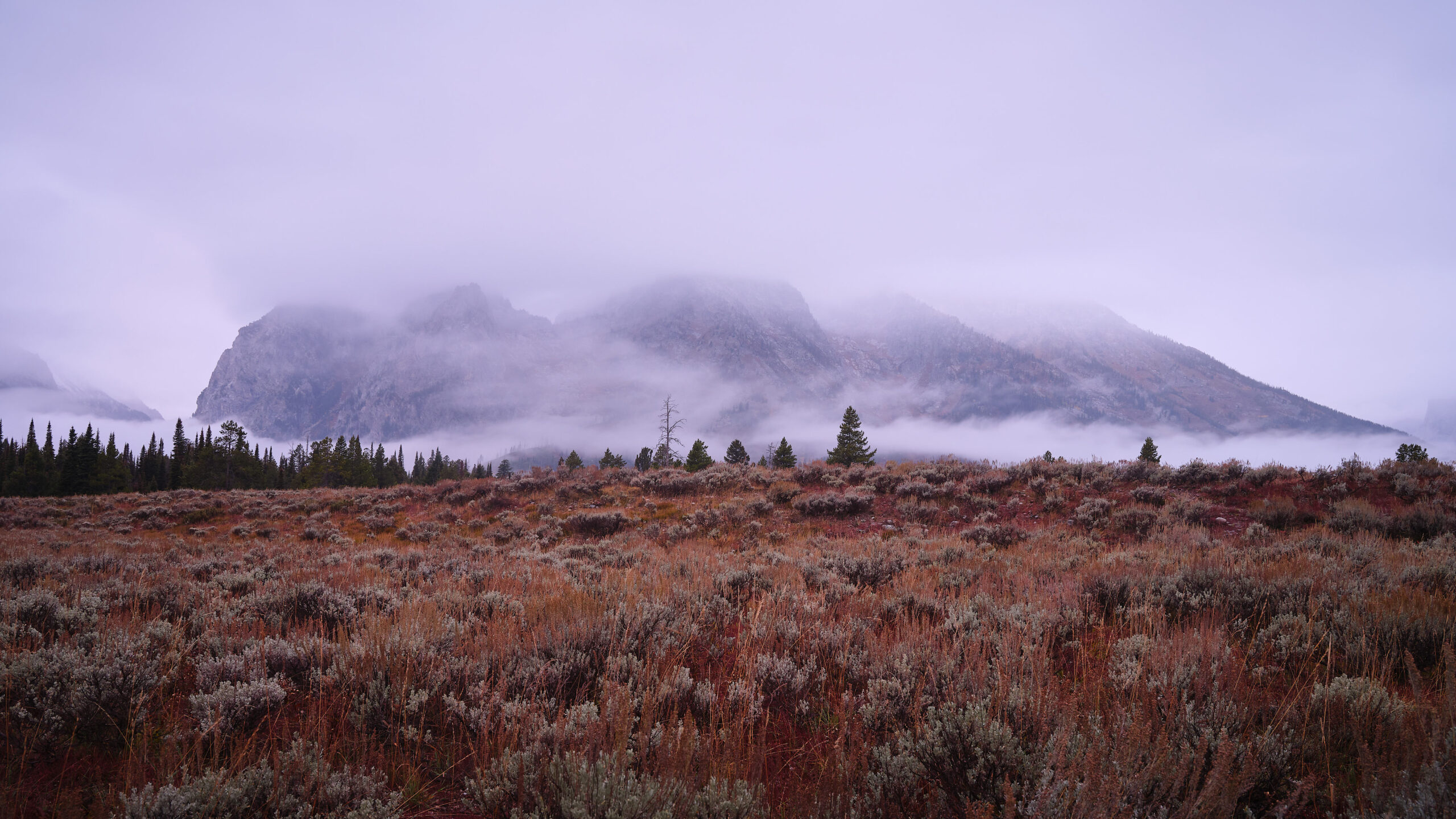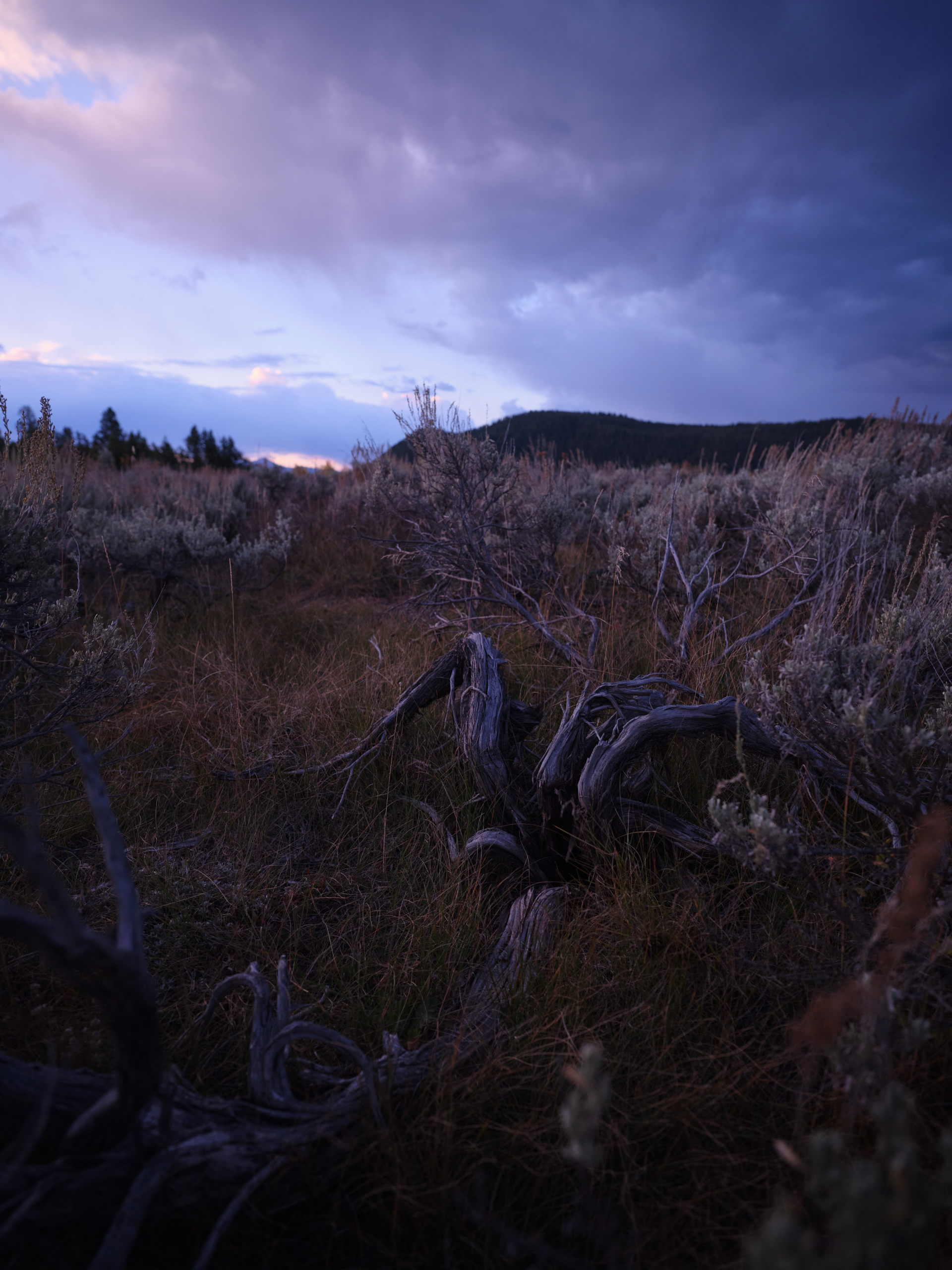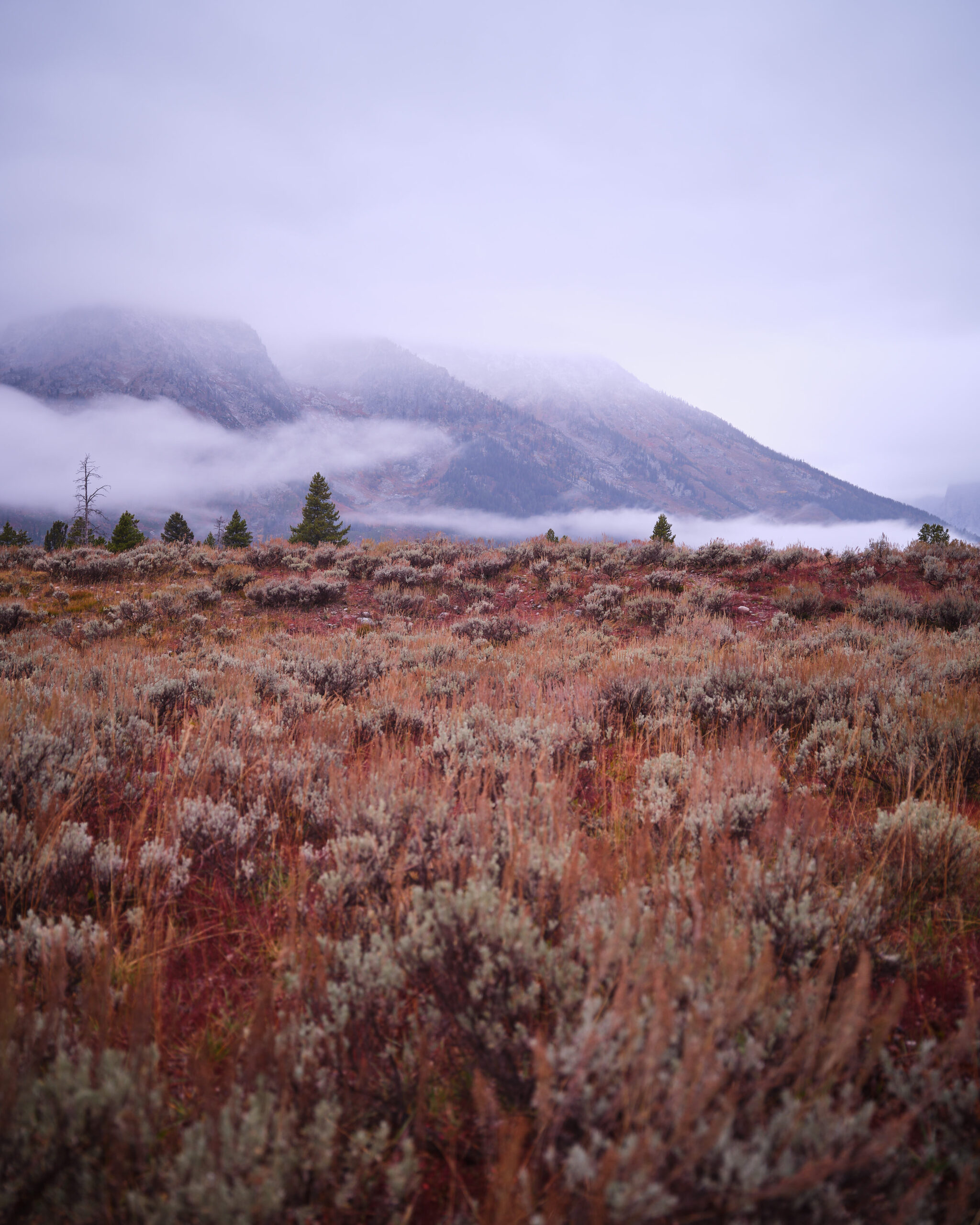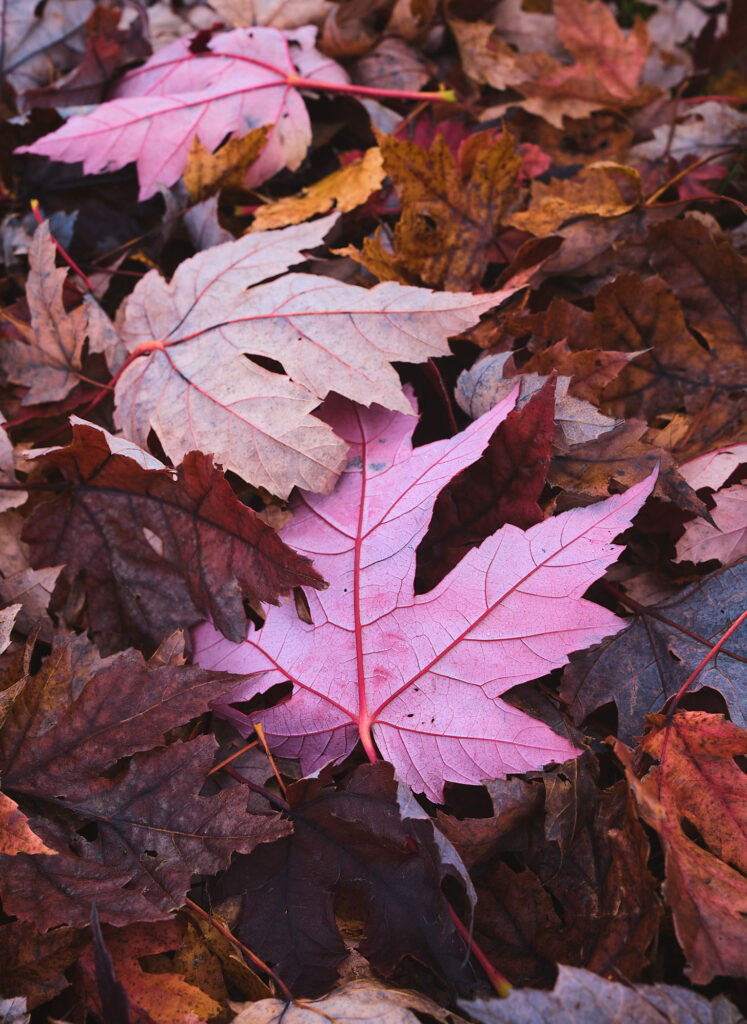The most important beginner photography tip I can give is about perspective. Photography isn’t always fair and it’s not always easy. If you don’t learn to love the game of it, you’re going to drive yourself crazy.
A great landscape photo can be taken in any condition. However, for that to happen you need to open your mind to the process.
In this article I’m going to talk about how to keep your sanity when you’re faced with two equally “insurmountable” obstacles. All photographers deal with these obstacles, but the budding landscape photographer needs to deal with it early and often. Those obstacles are, when you have bad conditions and when you’re unable to find a subject.
By the end of this article, you will be on the path to learning how to love landscape photography, regardless of the obstacles in your way. You’ll stop obsessing over conditions, focus on the moment you’re in, and let the picture come to you. That’s because otherwise, you’ll drive yourself crazy.
Conditions Don’t Limit You, Only You Can Do That

Conditions
Let me tell you about a boring hobby. You wake up, go to a sunrise and it’s the most vibrant sunrise ever. You take a picture and go home. This is repeated every morning and every time that you go out. There’s no variety or unpredictability. It sounds awful.
The genuine fun and excitement I’ve experienced while practicing come from the random nature of it all. The mornings that you go out and nothing happens, make the mornings that something do happen all that much more memorable.
When you start out, you might think that you need those good conditions to get the best results. While those conditions help, it’s important to remember that even in the so-called “bad conditions” it’s plenty possible to get a great image. Take the following two images for example:


I took these photos on mornings where I personally recall feeling “disappointed” in the conditions. I only had a few days in Grand Teton National Park, and on two of them the weather was bad. Those mornings I woke up and the clouds blocked the light. I felt discouraged by the inability to capture what I visualized had in my head. The mountains were what I had traveled countless miles and hours to see.
Instead of giving up, staying in my motel, moping, and resenting the weather, I remembered:
You can’t control the world, but you can control your reaction to it.
I have fun when I’m taking photographs. Regardless of the weather it gives me an excuse to get out, see beautiful scenery and enjoy fresh air. The only thing that stops you from taking good photographs in bad conditions is the preconceived notion that a landscape photograph needs to contain stunning clouds, great light, and the sun.
Who’s to say that great photograph isn’t meant to be a dreary and quiet landscape? There’s an elevated sense of uniqueness when you capturing the stillness of a scene that’s been photographed countless times in great conditions, but not once in the conditions you’re seeing before you right now.
Subject Is Key
Everything we just talked about is all well and good, however you need to be willing to let yourself see the scene as it comes, not as you want it to be. Especially if you get bad conditions. If you go into a shoot expecting everything to look one way but it doesn’t then you’re going to get lost in your head and try and find what you thought it was going to look like, but you can’t.
you need to focus on what you can see

A perfect example of this recently happened to me. I was in Middlebury Vermont exploring the beautiful downtown area. Fall had come and gone in that part of Vermont. The town had transformed from a blooming autumn wonderland to a town grasped in the throws of stick season.
Instead of focusing on what I’d missed I focused on what was still there. I find when you’re struggling to find compositions the best thing to do is focus on the patterns and textures all around you as well as the things at your feet.
That’s when I caught the image I included above. It’s incredible how much you can find to photograph if you just open your mind to it, and remove the perception of what makes up a good landscape photograph.
When you begin to see the world as I’ve outlined above you no longer need to be guided to the composition by the trails or guidebooks. Instead you gain the ability to craft your own composition wherever you go. That ability is truly invaluable in the photography sphere.
Wrapping It Up
Photography is all about the mindset you’re in. If you go out with a fixed perspective and no ability to roll with what you find, you’re going to become miserable fast.
If however, you go out with an open mind and let the picture show itself to you, not only will you be happier, but you’ll produce better images. Regardless of the conditions you find yourself in, you will manage to get an image worth taking and worth sharing.
Subscribe to my newsletter to make sure you don’t miss the next article that I write where we’ll talk about the situations where not getting an image is okay, and why that can be just as good for you as actually taking an image.